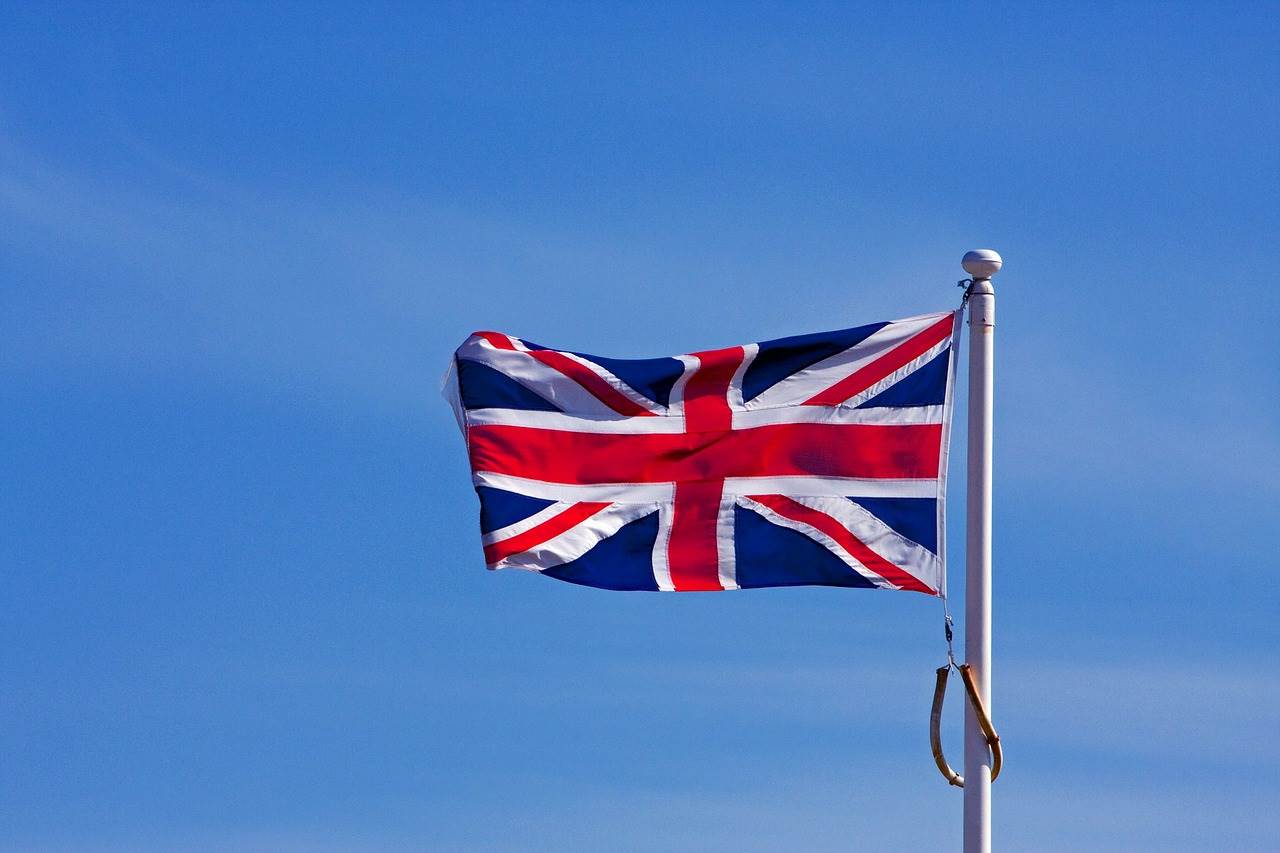 Having three times denied the prime minister’s motions calling for a general election under the terms of the Fixed Parliament Act, the Commons passed a simple act yesterday fixing a general election for 12th December 2019.
Having three times denied the prime minister’s motions calling for a general election under the terms of the Fixed Parliament Act, the Commons passed a simple act yesterday fixing a general election for 12th December 2019.
The objections that opposition MPs had to a general election were the fears that Johnson could somehow manipulate the date of the poll (which would have been his to set under the FTP Act) to enable a “no deal” Brexit to occur and that, until yesterday. The EU and UK had not formally agreed to an extension of A50 notice until the end of next January. With these hurdles out of the way and the Labour leader claiming at every turn to want an election, there was little doubt that an election would happen, but the timing was in doubt.
The initiative for the Bill came from the SNP and LibDems, both parties with an unequivocal remain stance. The opposition coalition against “no deal” was never fully against “no Brexit” since the position of the Labour Party has been that the referendum from 2016 must be respected. This means that their current policy would be to block “no deal”, insist that any deal is confirmed by a popular vote and, if in power, they would re-negotiate a softer Brexit with the Eu then put that to the nation in a referendum, if in power. Their position in such a referendum would be decided by a special conference. However, 19 Labour MPs rebelled to grant Johnson’s Withdrawal Agreement Bill a second reading. This precipitated the SNP LibDem action since they believed it to be the only viable way to prevent what they see as a disastrous Tory Brexit.
It is almost inconceivable that the House of Lords will delay the passage of the bill, so a December election is all but certain. However, the outcome of that election is impossible to predict despite a 10-point lead for the Conservatives and the worst ever personal polling figures for the leader of the opposition, Jeremy Corbyn. It is likely that the dissolution of Parliament will take place a week from today, making this session one of the shortest ever.
In terms of Brexit certainty, all you can say is that the UK will remain in the EU until mid-December, after then, all bets are off.

